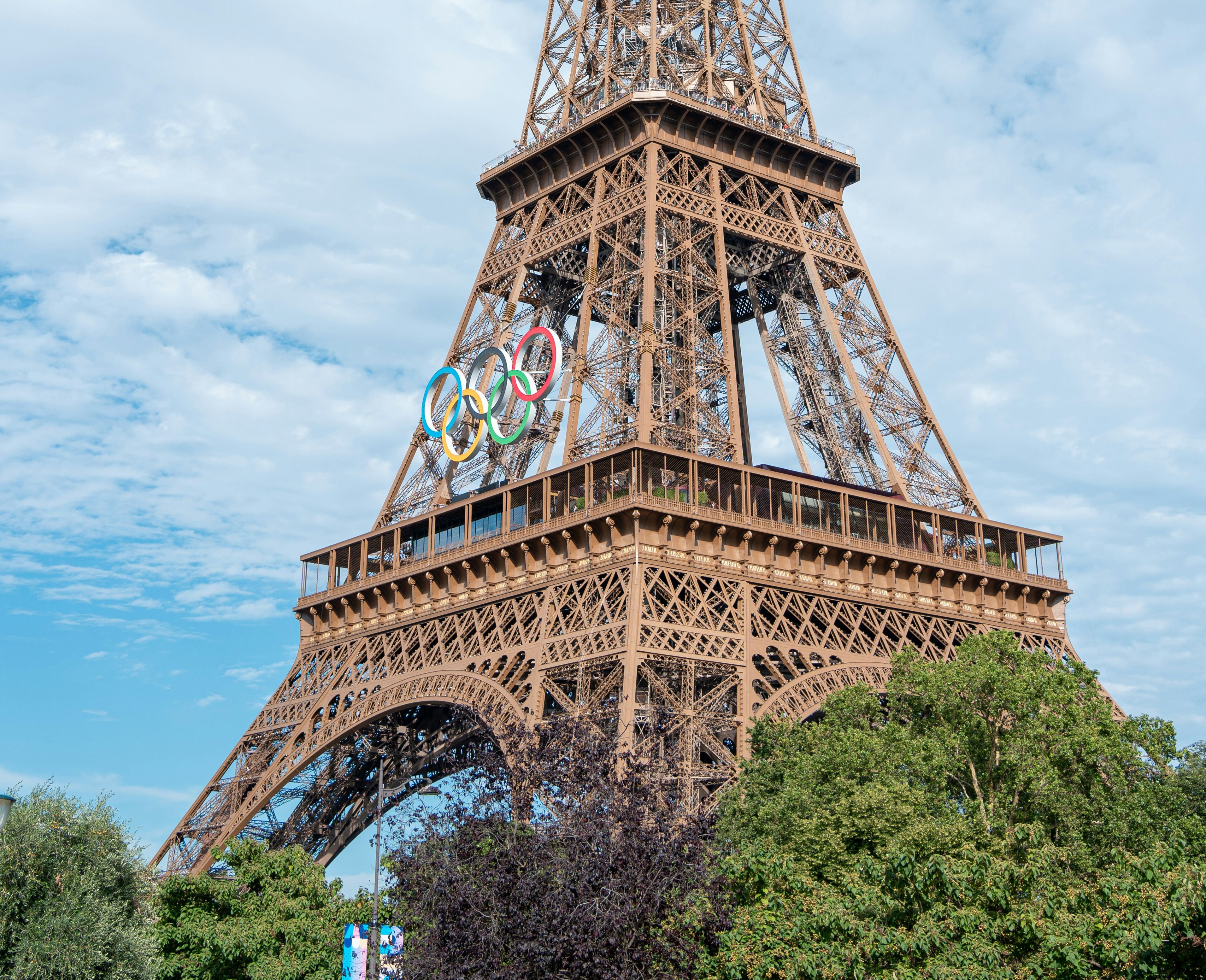Olympic athletes dedicate years of their lives to training, with the aim of standing on the podium and hearing their national anthem. While the honor and pride of winning a medal are immense, some countries go a step further by offering substantial financial rewards to their medalists. These incentives can be a significant motivation for athletes, providing them with financial security and recognition. Here, we explore the countries that pay six-figure bonuses for winning gold medals and the rationale behind these generous rewards.
Top Countries Offering Six-Figure Bonuses
Several countries are known for their lucrative rewards for Olympic gold medalists. Here are some of the most notable examples:
Hong Kong: Leading the pack, Hong Kong offers a staggering $768,000 for a gold medal. This amount is significantly higher than what many other countries provide. Silver and bronze medalists also receive substantial rewards of $384,000 and $192,000, respectively.
Singapore: Gold medalists from Singapore receive approximately $737,000. This reward is part of the Multi-Million Dollar Awards Programme, which aims to encourage excellence in sports. Silver and bronze medalists are awarded $369,000 and $184,000, respectively.
Taiwan: Competing under the name "Chinese Taipei," Taiwan offers $720,000 for a gold medal. Silver and bronze medalists receive $252,000 and $180,000, respectively. Additionally, gold medalists receive a one-time payment of $600,000 and a lifetime monthly stipend of $4,000.
Israel: Israel provides a bonus of $275,000 for gold medalists, marking a significant increase from previous years. Silver and bronze medalists receive $192,000 and $137,000, respectively.
Kazakhstan: Athletes from Kazakhstan receive $250,000 for a gold medal, $150,000 for silver, and $75,000 for bronze. Additionally, medalists are often awarded state-provided apartments.
Malaysia: The National Sports Council of Malaysia offers $215,563 for gold medalists, with silver and bronze medalists receiving $64,669 and $21,556, respectively. Beyond cash, athletes may also receive luxury apartments and cars.
Italy: Italian athletes receive $196,000 for a gold medal, $98,000 for silver, and $65,000 for bronze. These rewards are consistent across both individual and team sports.
Lithuania: Lithuania offers $182,000 for a gold medal. Silver and bronze medalists receive $111,000 and $89,000, respectively. Additionally, the government covers the rent for medalists after they retire from sports.
Hungary: Hungarian gold medalists are awarded $154,000, with silver and bronze medalists receiving $111,000 and $89,000, respectively.
Latvia: Latvia provides $155,000 for a gold medal, $93,000 for silver, and $56,000 for bronze. The rewards extend to athletes finishing as low as sixth place.
Why Do Countries Offer These Bonuses?
The rationale behind these substantial bonuses varies from country to country, but several common themes emerge:
National Pride: Winning an Olympic medal brings immense pride to a country. By rewarding athletes financially, countries express their gratitude and encourage future generations to pursue excellence in sports.
Encouraging Participation: Financial incentives can motivate athletes to train harder and participate in international competitions. This can lead to improved performance and more medals in future events.
Recognition and Support: Many athletes struggle financially, especially in sports that do not have lucrative professional leagues. These bonuses provide financial security and recognize the hard work and dedication of the athletes.
Promoting Sports: By offering substantial rewards, countries can promote sports and physical activity among their citizens. This can lead to a healthier population and increased interest in various sports.
Additional Incentives and Benefits
Beyond cash bonuses, some countries offer additional incentives to their medalists:
Lifetime Pensions: In South Korea, gold medalists receive a lifelong monthly pension of approximately $800. Silver and bronze medalists also receive pensions, although the amounts are lower.
Apartments and Cars: In Kazakhstan and Malaysia, medalists may receive state-provided apartments and luxury cars. These benefits provide long-term financial security and recognition.
Tax Exemptions: In some countries, medal bonuses are exempt from taxes. For example, Denmark offers a tax-free prize of $15,000 for gold medalists, which is a significant perk in a country with high tax rates.
Unique Rewards: Poland offers a range of unique rewards, including investment-grade diamonds, vacation vouchers, and artworks from respected Polish artists. Additionally, gold medalists receive a two-bedroom apartment in Warsaw.
The financial rewards offered by countries to their Olympic medalists reflect the value placed on sporting excellence and national pride. These bonuses not only provide financial security to the athletes but also serve as a powerful motivation for future generations. As countries continue to compete on the global stage, these incentives play a crucial role in encouraging and recognizing the hard work and dedication of their athletes.















